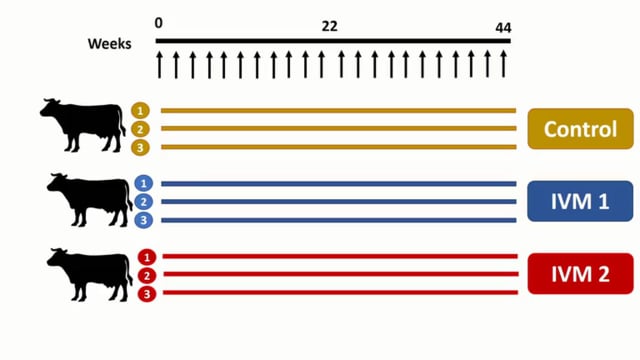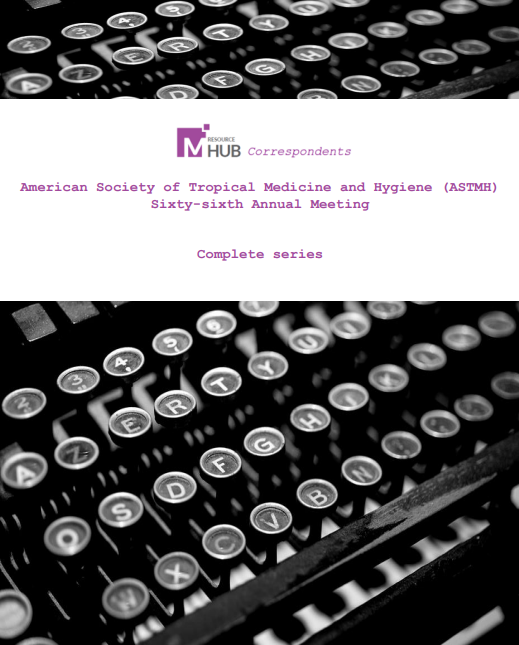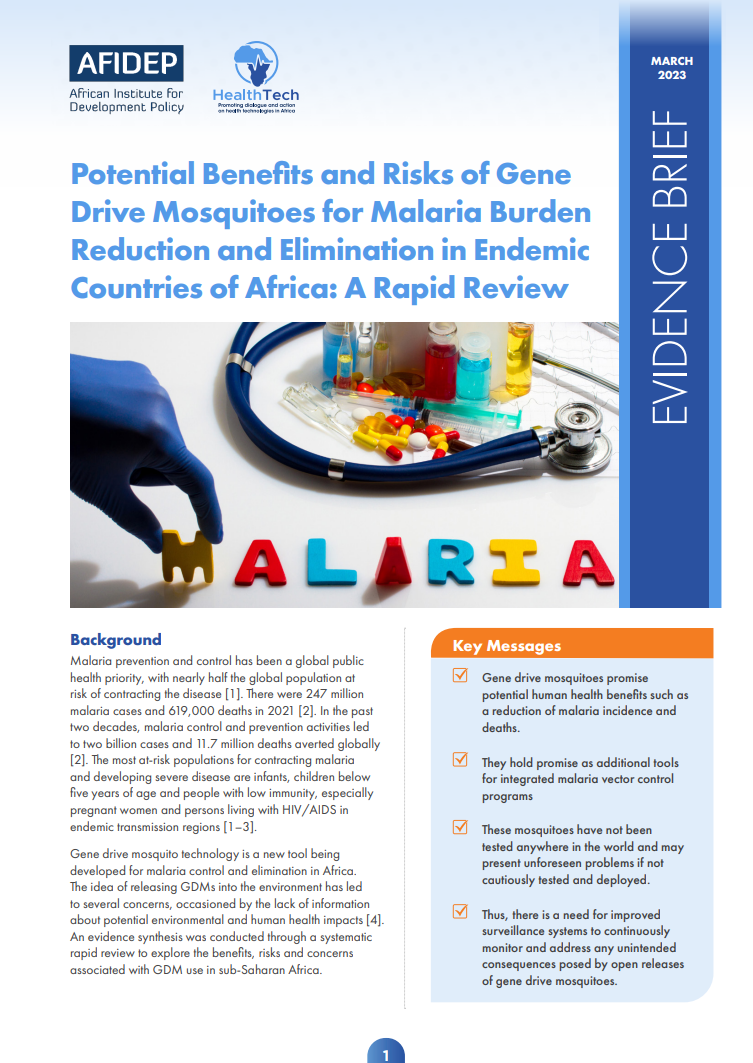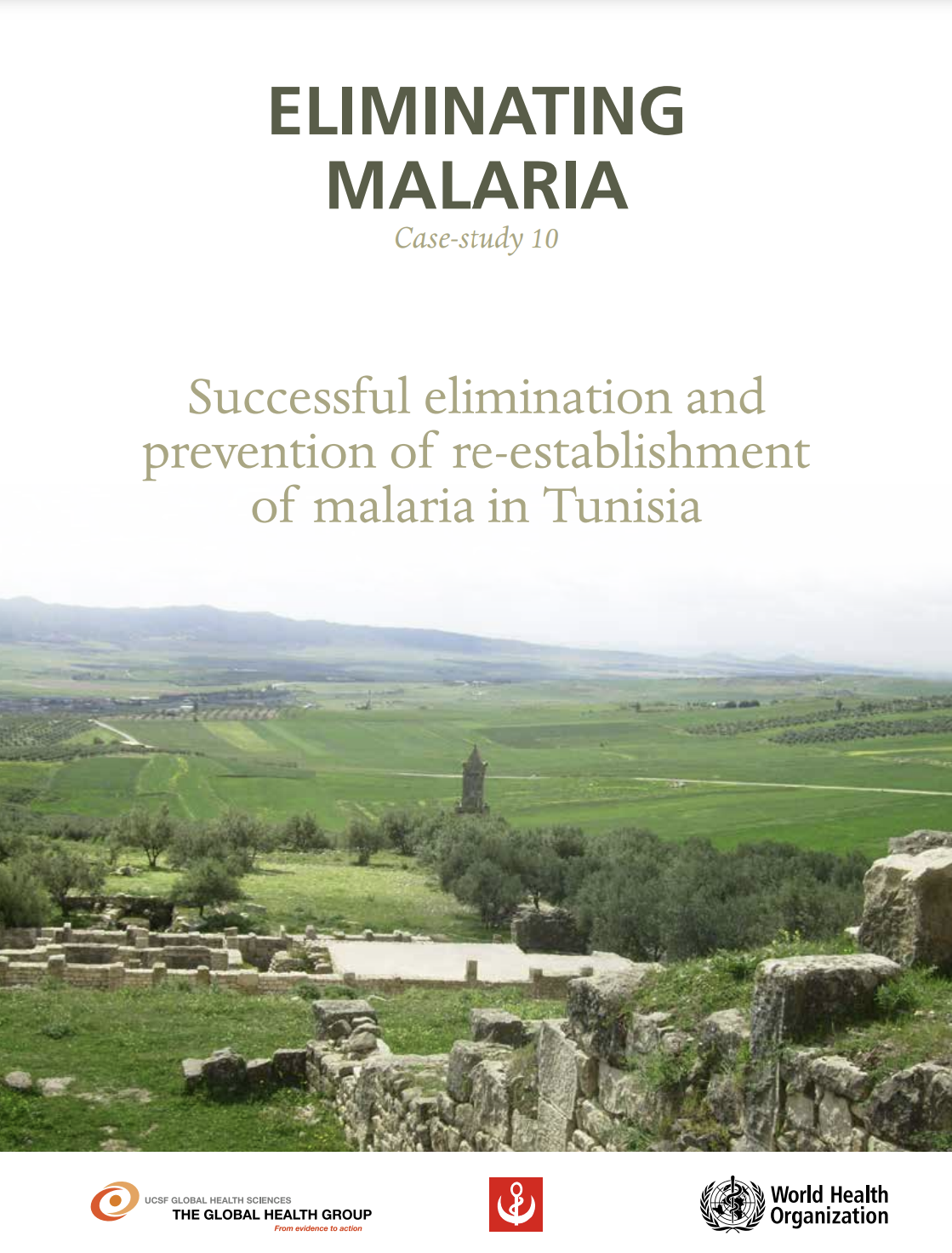ASTMH 2017, Carlos Chaccour: “Targeting cattle for malaria elimination: marked reduction of Anopheles arabiensis survival for over six months using a slow-release ivermectin formulation”
Published: 09/11/2017
In collaboration with ASTMH, Image Audiovisuals, and session presenters, MESA brings you this webcast from the 66th ASTMH annual meeting in Baltimore, November 2017
Title: “Targeting cattle for malaria elimination: marked reduction of Anopheles arabiensis survival for over six months using a slow-release ivermectin formulation”
Speaker: Carlos Chaccour, Barcelona Institute for Global Health (ISGlobal)
Session information:
Symposium 0175: “Malaria: Mosquito Transmission and Interruption”
Thursday, 9 November, 8:00 – 9:45 AM, Convention Center – Ballroom II (Level 400)
Abstract:
Behavioural plasticity has allowed malaria vectors to avoid home-centered vector control strategies such as, Indoor residual spraying and insecticide-treated nets which are both remarkably effective and affordable. This unsuppressed large population is now responsible for residual malaria transmission, a major challenge in elimination efforts. Partial zoophily is the key factor in residual malaria transmission as evidenced by large proportion of mixed cattle and human blood meals in a number of vector species. Mosquitoes that feed on peridomestic livestock tend to avoid contact with insecticides, reproduce and survive to continue transmission once human blood is available again. Modelling shows that targeted use of veterinary endectocides (drugs that kill mosquitoes feeding on treated subjects) could result in incremental transmission reduction after roll-out of long-lasting insecticidal nets, indoor residual spraying and other core vector control tools. Veterinary endectocides hold potential to become a complementary strategy for malaria elimination. We conducted a trial of a long-lasting, implantable veterinary formulation of ivermectin that can sustain mosquito-killing levels of this drug for more than months. 3 calves were randomly assigned to be implanted with five silicon rods or nothing as control. 50 Anopheles arabiensis (triplicates) females were fed on their flanks every 2 weeks. Mosquito mortality was then assessed by counting and removing the dead for 10 days. Our results show a marked and significant reduction in Anopheles arabiensis survival that does not decay in magnitude even six months after implantation. Slow release ivermectin formulations could complement on the success achieved by home-centered measures and aid malaria elimination.
THEMES: Drug-based Strategies | Vector Control



